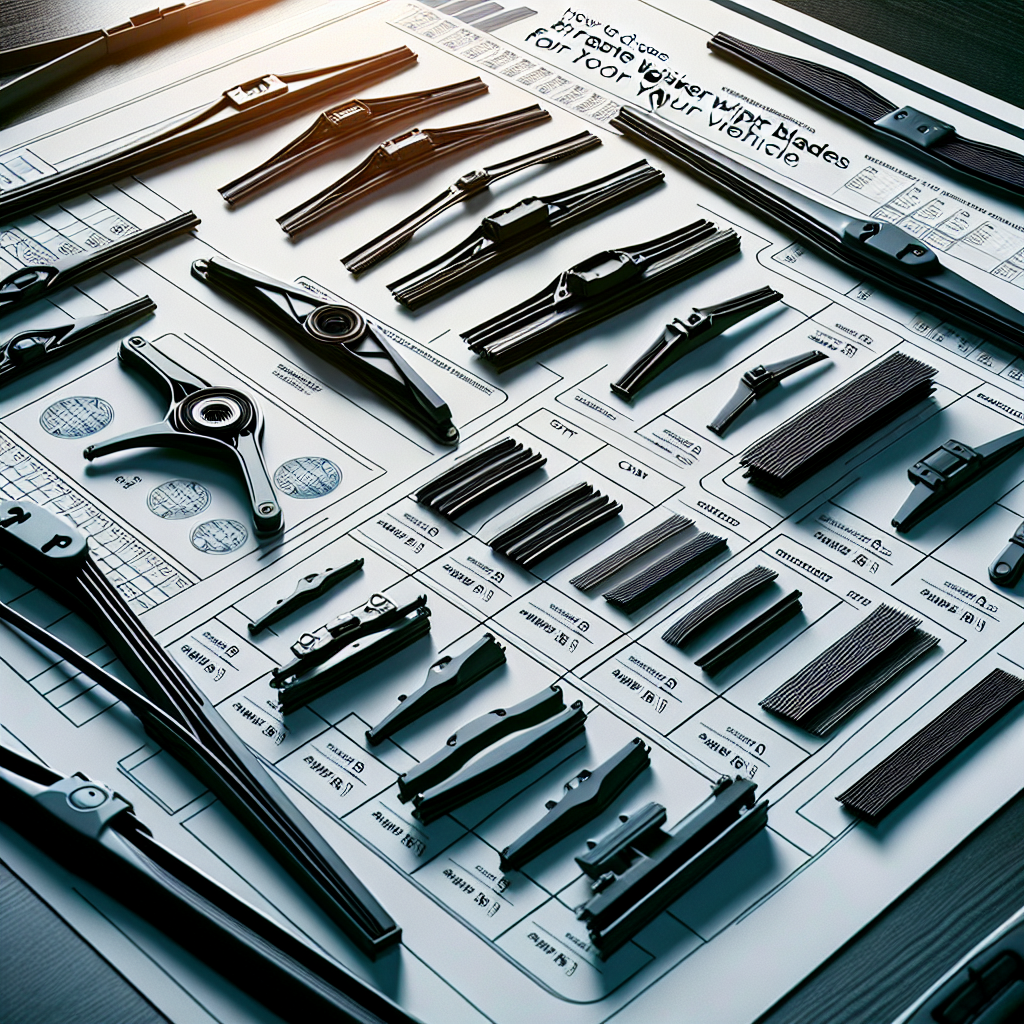The world of driving is on the cusp of a revolutionary shift as autonomous vehicles move from the realm of science fiction into everyday reality. Leading American car makers are at the forefront of this transformation, pushing the boundaries of technology to create a future where cars drive themselves. In this article, we delve into the advancements, challenges, and the impact of autonomous vehicles on the automotive industry and drivers alike.
Autonomous vehicle technology relies on a combination of sensors, artificial intelligence, and machine learning to navigate roads and make real-time decisions. Companies like Tesla, Ford, and General Motors have been investing heavily in these technologies, aiming to bring fully autonomous cars to the market within the next decade. Tesla’s Full Self-Driving (FSD) beta, for example, demonstrates significant progress in terms of real-world applicability, enabling cars to navigate urban streets, highways, and complex intersections with minimal human intervention.
Ford, on the other hand, introduced its advanced driver-assistance system, BlueCruise, which allows for hands-free driving on pre-mapped stretches of highways. Meanwhile, General Motors’ Cruise division is not only testing autonomous vehicles but also aims to deploy a fleet of autonomous taxis in select cities.
One of the primary drivers behind the development of autonomous vehicles is safety. According to the National Highway Traffic Safety Administration (NHTSA), 94% of serious crashes are due to human error. Autonomous systems have the potential to dramatically reduce this figure by providing consistent, precise control over the vehicle, effectively eliminating errors caused by distractions, fatigue, or impaired judgment.
However, the journey to fully autonomous vehicles is not without its challenges. Technical hurdles such as ensuring reliability in diverse weather conditions, accurately interpreting dynamic environments, and safeguarding against cyber threats are significant. Additionally, regulatory and legal frameworks need to evolve to address questions of liability and ensure public safety.
The impact of autonomous vehicles extends beyond technology and legislation. The shift to self-driving cars is expected to redefine the automotive supply chain and alter the landscape of urban planning. The demand for traditional auto parts may diminish as the industry moves towards more integrated and sophisticated systems. For businesses and individuals invested in the automotive sector, now is the time to adapt and evolve.
In the context of urban planning, the proliferation of autonomous vehicles could lead to reduced traffic congestion and lower emissions. Cities could see narrower streets, fewer parking lots, and more green spaces, significantly enhancing quality of life. The potential for autonomous vehicles to operate in a rideshare model also suggests fewer cars on the road, decreasing the environmental footprint.
Moreover, the user experience is poised for a transformation. Autonomous vehicles promise convenience and accessibility, particularly for those unable to drive, such as the elderly and disabled. Passengers can utilize travel time more productively, engaging in work or leisure activities while on the move.
The future of driving, as shaped by autonomous vehicle technology from leading American car makers, holds immense promise. As the industry continues to innovate, it is not just about creating smarter cars, but also fostering a smarter way of living and moving. Stay updated on the latest advancements in autonomous driving by following industry news and reviewing in-depth resources such as this comprehensive overview from TechCrunch.
By embracing these technological strides, we pave the way for safer roads, more efficient transportation, and a future where the concept of driving is redefined, offering new opportunities and experiences for all.


